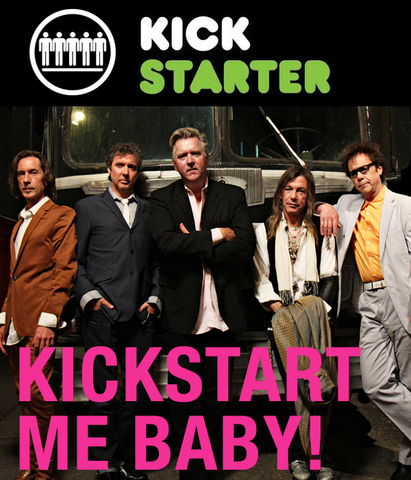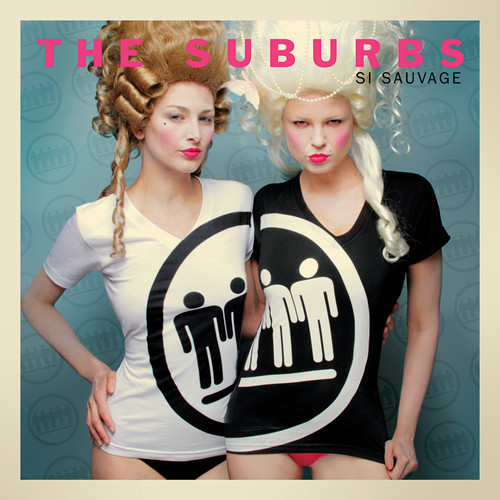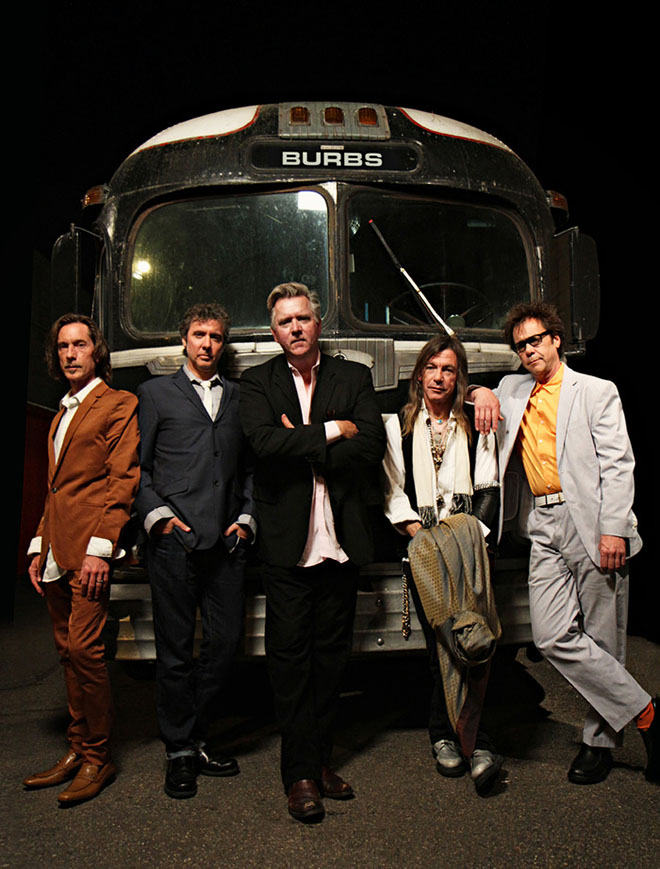 THE SUBURBS
THE SUBURBS
Fans Crowd-Funding Through Kickstarter
Seems lately like every other day brings a new Kickstarter campaign to my Inbox, and while I’m all in favor of keeping my favorite artists going in this era of declining CD sales and record labels and opportunities to produce a professional music product and get it out there, I had to shake my head at the news that even Spike Lee is looking for a $1.25 million Kickstarter handout for his next film.
And while I usually don’t bother with New York Post ultra right-wing essayist/film critic Kyle Smith, I did give his sneering takedown of Lee’s panhandling a good look-see, and am almost embarrassed to admit I came to full agreement.
“Got a great investment opportunity for you,” Smith began. “You come up with X amount of money, with a guaranteed los of 100 percent of whatever you put in. All of the cash goes to an Upper East Side zillionaire. Interested? Spike Lee’s operators are standing by, begging you to Do the Dumb Thing.”
Smith went on to assess Lee’s worth at $40 million, “so the easiest way for him to raise $1.25 million would be to spend one-thirtieth of what he’s got in the bank.” Instead, he’s “playing reverse Robin Hood and asking hoi polloi for donations.”
Compare this to the just-concluded Kickstarter campaign for The Suburbs’ new album. The legendary Suburbs, you may not know, is the punk/dance band that built Minneapolis’ Twin/Tone label—later home of The Replacements, Soul Asylum, The Jayhawks and Ween.
Called one of the “100 Most Influential Minnesota Musical Entities of the Twentieth Century,” according to The Minneapolis Star Tribune, the band last released a new studio album—Suburbs, on A&M in 1986, then disbanded a year later. They’ve reunited sporadically since, and in June, announced a Kickstarter campaign to fund Si Sauvage, their first new album in nearly three decades.
 The goal was to raise $65,000 in 30 days ending July 26.
The goal was to raise $65,000 in 30 days ending July 26.
“Understandably, some people have raised questions regarding why we are asking fans to raise money for our new album,” wrote the band’s keyboardist/vocalist Chan Poling two days before the end of the campaign.
“Professional musicians earn money mainly by performing or selling their recorded music,” Poling explained. “Some have suggested that we pay for the album out of our gig money. Seems reasonable, however you have to understand: Producing, marketing, and distributing studio-recorded albums is a completely different animal than producing live shows. They are distinct ventures that come with their own separate expenditures.”
Performing live requires payment of everything from musicians to sound and lights and hall rental, Poling noted. Album production costs, meanwhile, include musicians, the studio rental, the engineer, the mixer and masterer, the manufacturer, the art designer, the distributor, the publicist, etc.
“Sure, this ‘prepayment’ model is attractive to us because it acts as a form of insurance that offsets the considerable costs of making a professional sounding album,” wrote Poling. “Yes, we could invest our cash in the product and let the market play out as it may. But, Kickstarter exists for a very real reason: Musicians’ recorded product revenues from album sales have plummeted alarmingly, drastically and fatally over the last decade. To have the money in the bank before we go to pressing is nothing short of a miracle and a relief and we are more than happy this new crowd-funding thing exists.”
The “zeitgeist,” Poling concluded, has changed.
“People feel good about supporting the artists they love. They know that record labels aren’t the best thing for recording artists like us, and want to be supportive.”
And it’s not “asking for a handout,” he maintains. Rather, “it’s simply a way for us to gather ‘prepayments’ for the record.”
On Kickstarter, Poling related, “You can buy the CD today and receive bonus tracks [and other merchandise incentives], or you can wait and buy it later through Amazon or iTunes—where we will receive less, after Apple’s cut. Most importantly, all the while, we retain ownership and control of our music.”
Lucky for us Suburbs fans, the band assembled 1,051 backers in raising $73,199, well surpassing the $65,000 goal.
“People who have heard advance mixes, say it sounds like a culmination of the entire history of The Suburbs, and thoroughly contemporary at the same time. It’s surprisingly upbeat, with plenty of dance grooves, yet also contains the beauty of older songs. It’s mature and fun, and it’s obvious that The Suburbs’ audience has grown along with the band. Crowds are already cheering and singing along at recent shows to new songs like ‘Turn the Radio On.’”
Jim Bessman




comment closed